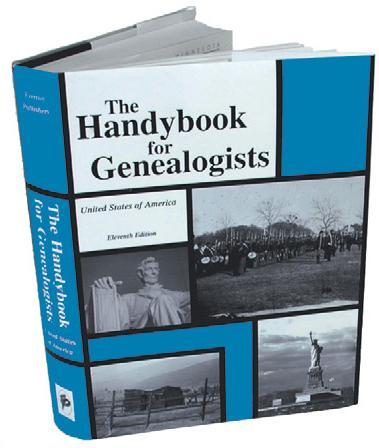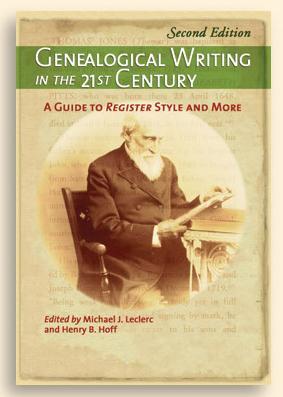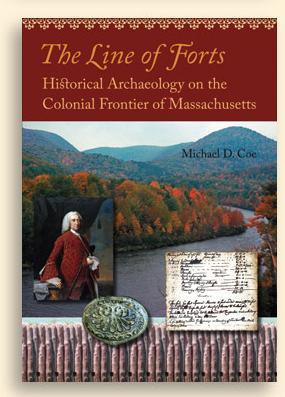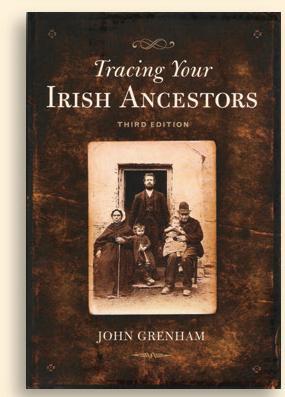Sign up for the Family Tree Newsletter Plus, you’ll receive our 10 Essential Genealogy Research Forms PDF as a special thank you!
Get Your Free Genealogy Forms
"*" indicates required fields
Required reading: Classic resources you shouldn’t research without.
When I was a baby genealogist, an instructor told me I had to have a copy of The Handy book for Genealogists (Everton Publishers). Nearly 30 years later, the Handy book — now in its 1lth edition — is still going strong. This 900-page reference is essential for discovering where the county-level records you need are housed. The latest edition offers color records you need are housed. The latest edition offers color maps of states showing county boundaries; updated county data and repository contact information; descriptions of major record collections in each state; and a bibliography for further reading. While it’s a hefty tome to take on a research trip, you now can get it with a word-searchable CD that’ll travel easily with your laptop.
Hot off the Press: New books to heat up your family history search.
1 So you think your research would make a great article, but you aren’t sure how to go about writing it or getting it published. Let Genealogical Writing in the 21st Century, 2nd edition, edited by Michael J. Leclerc and Henry B. Hoff (New England Historic Genealogical Society) come to the rescue, with expert advice on writing for genealogical journals, magazines and Web sites.
2 In the mid-1700s, colonists in northwestern Massachusetts built “forts — many of them merely reinforced houses-to fend off the French and Indians. In The Line of Forts: Historical Archaeology on the Colonial Frontier of Massachusetts (University Press of New England), Michael D. Coe drawson those forts’ artifacts to describe the colonists’ daily life and defense tactics.
3 Fire up the stove, brew a strong cup of Irish tea and curl-up with the third edition of John Grenham’s Tracing Your Irish Ancestors (Genealogical Publishing Co.). This updated classic reference offers expert step-by-step instruction for locating and using Irish genealogical records, as well as parish maps, county-by-county lists of sources, Web sites and record substitutes.
Pro’s Picks: Genealogy gurus share their reading recommendations.
Cambridge Cameos by Roger Thompson (New England Historic Genealogical Society)
Recommended by: D. Brenton Simons, president of the New England Historic Genealogical Society <www.newenglandancestors.org> and a 21-year genealogy veteran.
Summary: A retired American Colonial history professor presents more than 40 stories of everyday life-at times startling, humorous, and thought-provoking-from one of New England’s earliest communities.
Likes and dislikes: Vignettes drawn from court records and other documents give the reader a refreshingly original experience. The stories are long enough to be engaging and, happily, the author doesn’t use “filler” in the name of historical context.
Behind the scenes: I admired Thompson’s other books, especially Sex in Middlesex. When he was looking around for a publisher for this book, our society jumped at the opportunity.
Lasting impressions: The introduction is especially effective background material for genealogists studying 17th-century New England families and communities. Most of all, Thompson shows our ancestors-with all their flaws, foibles, misfortunes and even sometimes quiet heroism deserve to be treated as more than just names and date son charts or in computer databases.
Best bonus: Cambridge Cameos is a compelling argument for genealogists to integrate history into their research. After all, genealogy would be so limited if we made it just about techniques and methods for adding names to pedigrees.
From the May 2007 issue of Family Tree Magazine.
ADVERTISEMENT





